Development of donor heart valve that grows with the body
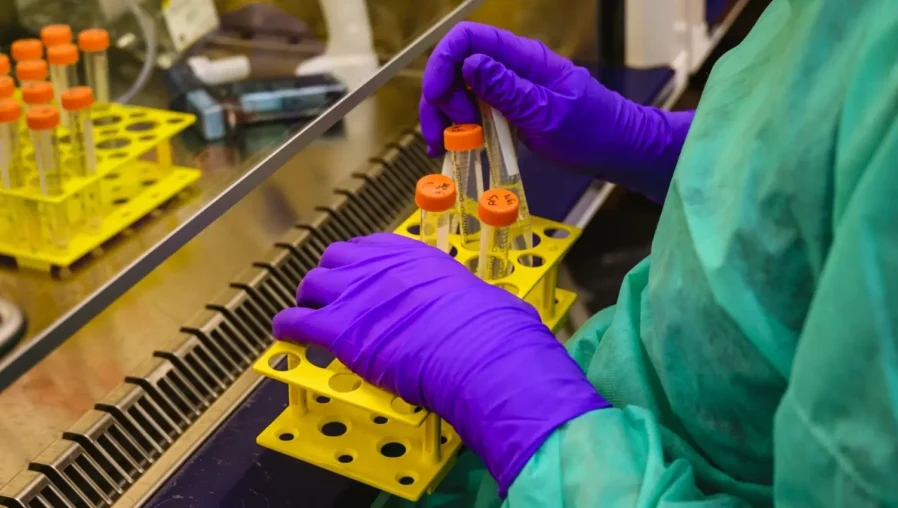
Children with heart defects sometimes need a new heart valve as early as their first year. Unfortunately, such a donor heart valve does not grow with the child. As a result, several major operations are needed during their lifetime. Mats Vervoorn and Bram van Wijk of UMC Utrecht and Marijn Peters of the Wilhelmina Children’s Hospital and Eindhoven University of Technology are working together on a smart solution: a heart valve that does grow with the child and is not rejected by the body.
In the Netherlands, 1 in 100 children are born with a heart defect. A quarter of them have an abnormality of the aortic or pulmonary artery valve. They often have to undergo major surgery in the first year of life to replace the diseased valve with a donor valve to prevent heart failure. The problem is that the donor heart valve does not grow with the child and is also often rejected by the immune system. This requires multiple, high-risk surgeries with new donor heart valves during life, severely limiting the quality of life of these patients.
Mats Vervoorn, heart-lung surgeon in training, Bram van Wijk, pediatric heart surgeon at UMC Utrecht and Marijn Peters, biomedical researcher are now joining forces to work together to develop a heart valve that grows with them and is not rejected. “The problem with donor valves is that they have to be frozen until they are used in surgery,” explains Vervoorn. “This freezing kills the cells, preventing the valve from growing. We want to develop a small bioreactor to give the heart valve oxygen and nutrients. In this way, we want to keep the heart valve alive for a few weeks to bridge the period between removing the heart valve from the donor body and transplanting it into the child with the congenital heart defect.
One donor heart valve
If researchers succeed, the heart valve can grow with the child, requiring only one donor heart valve and one operation. At least, if the valve is not rejected. Our immune system protects us from dangerous outside influences. Unfortunately, the immune system recognizes a donor heart valve as a danger because it comes from another body. As a result, the valve is rejected. This is where the researchers came up with something clever. Peters: “We copied the art of the body itself. There is a well-known situation in which something is not rejected, namely a baby in the womb. We discovered that there are special cells in the placenta that ensure that the mother’s body regards the baby as safe, even though the baby consists of 50% of the father’s genetic material. We will investigate whether we can use properties of these cells to ensure that the heart valve is also seen as safe.”
Improve quality of life
The research is made possible by a Dekker Team Science grant from the Heart Foundation. The collaboration between Utrecht and Eindhoven brings together different areas of expertise. The project could not only provide lifelong functioning heart valves, but also be a breakthrough for other transplants such as heart, lung, liver and kidney transplants, where patients currently have to take heavy medication to prevent rejection. Reducing rejection would be a huge breakthrough because the drugs can cause serious infections and cancer. With the new technology, patients would need fewer heavy drugs, which would significantly improve the length and quality of life of these patients.
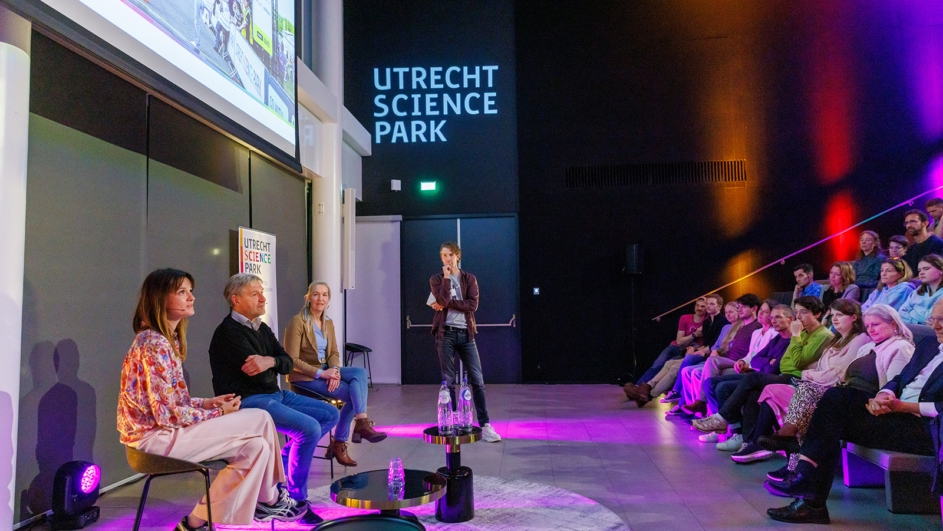
Are you participating in the Utrecht Marathon or are you a keen runner? Register for the Running Symposium on March 19th.
On Sunday, May 31st, Utrecht Science Park will once again be the setting for the Utrecht Marathon. Thousands of runners will line up at the starting line to achieve a fantastic feat: running a quarter, half, or full marathon! To help you prepare optimally, the Utrecht Science Park Foundation, in collaboration with partners Utrecht University, UMC Utrecht, Utrecht University of Applied Sciences, and Olympos Sports Centre, is organizing a running symposium where you’ll be informed and inspired to get the most out of your running performance.
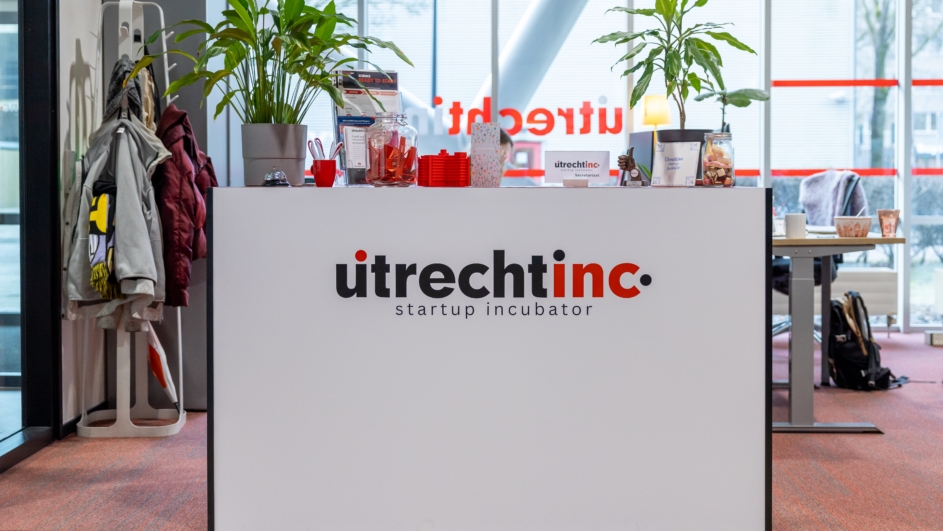
Applications Now Open for UtrechtInc Validation Programmes
Have you ever wondered what it takes to turn research or an idea into a startup? The validation programmes offered by UtrechtInc may provide the first step. Applications are now open.
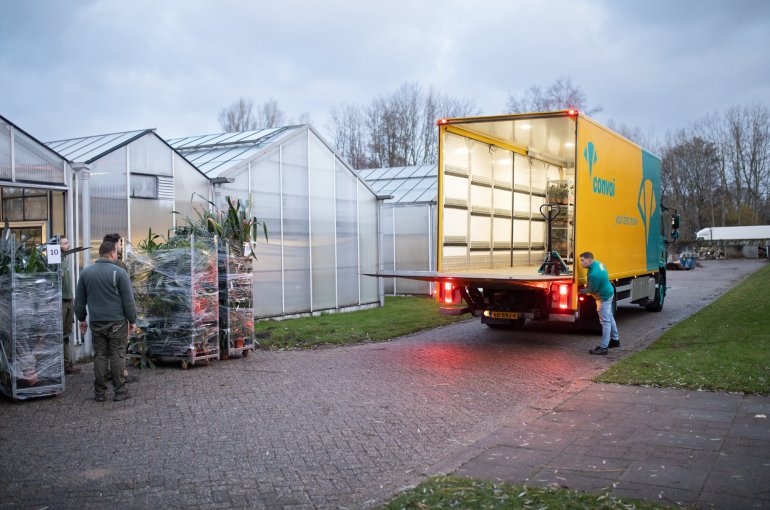
Relocating a Rainforest: Behind the Scenes at the Botanic Gardens
The Tropical greenhouses at the Utrecht University Botanic Gardens are among its most beloved attractions. But after decades of service, they are ready for retirement and the decision has been made to replace them. Replacing the Greenhouses is far more complex than tearing down glass and steel. It means temporarily relocating, and later returning, thousands of living plants. How do you even begin to move a rainforest?
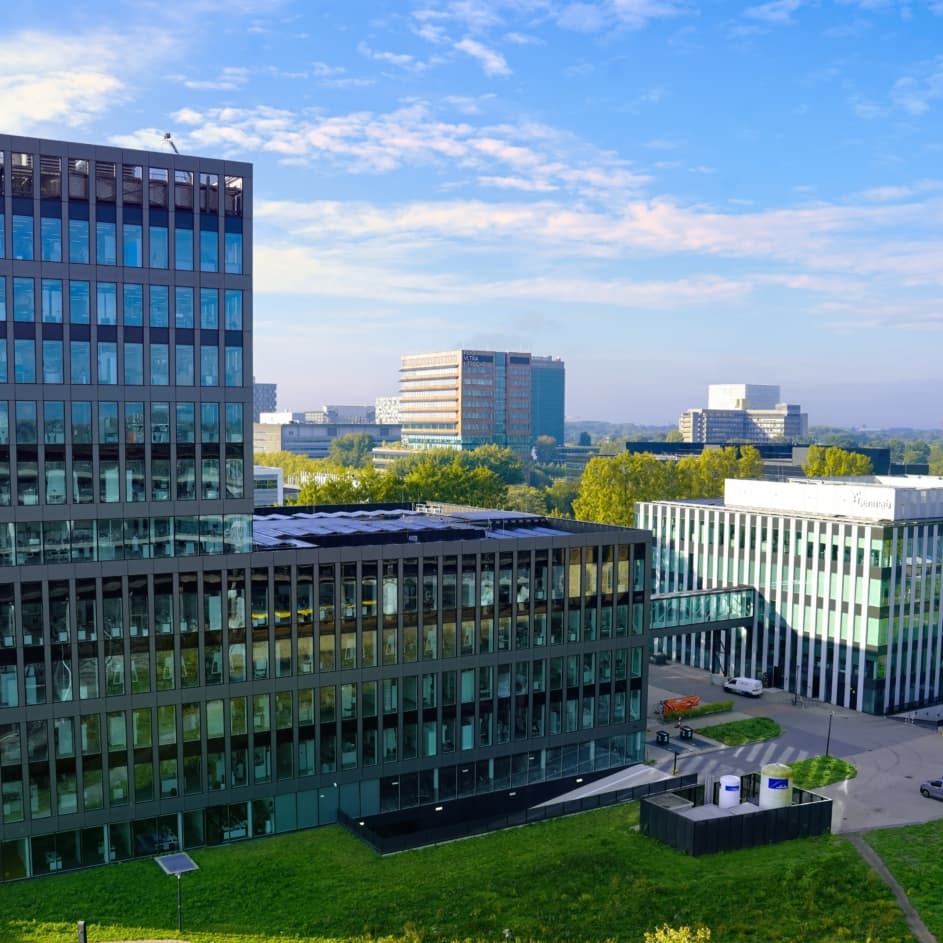
Wennink plan: Life Sciences and biotechnology are important growth drivers for the earning capacity of the Netherlands
The Dutch Life Sciences and biotechnology sector can make a much larger contribution to the Netherlands’ economic strength. This is shown in a new growth strategy presented today as part of Peter Wennink’s advisory report. The report also highlights Utrecht Science Park as one of the key innovation locations and sources of progress and growth.